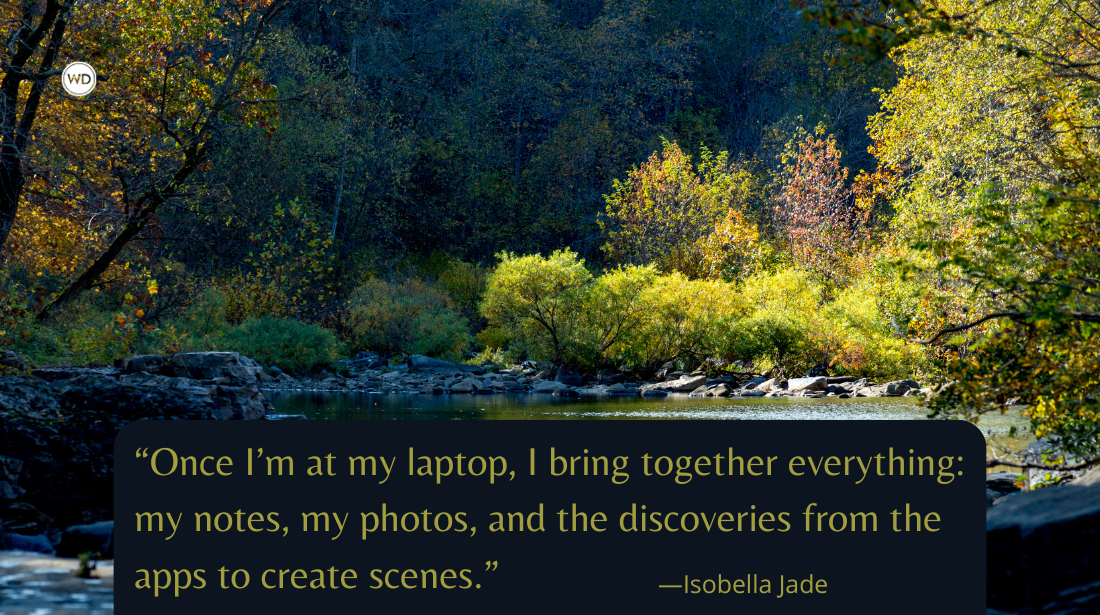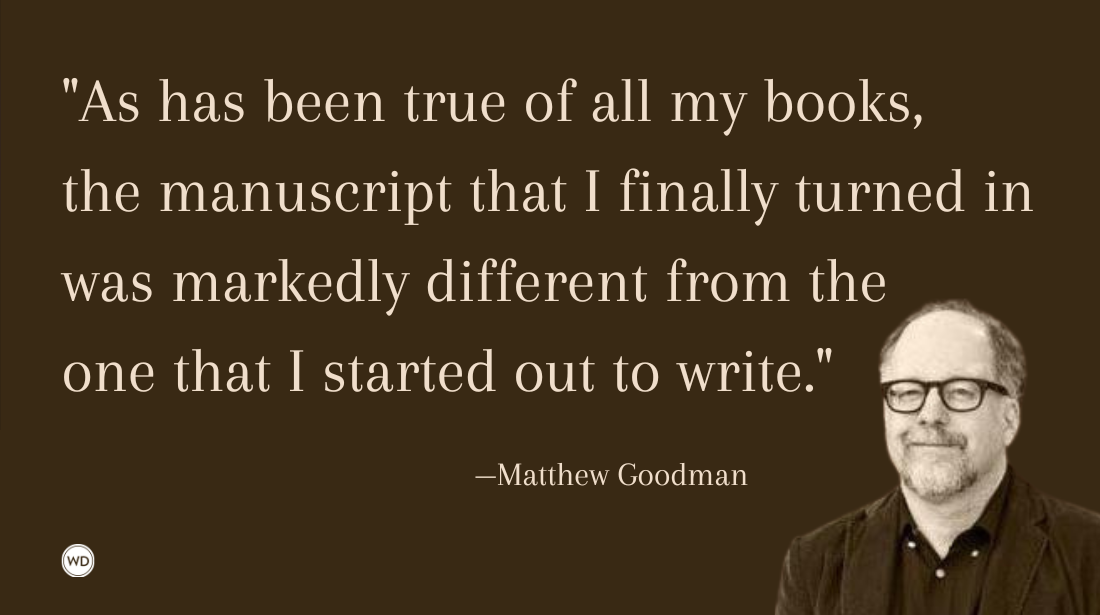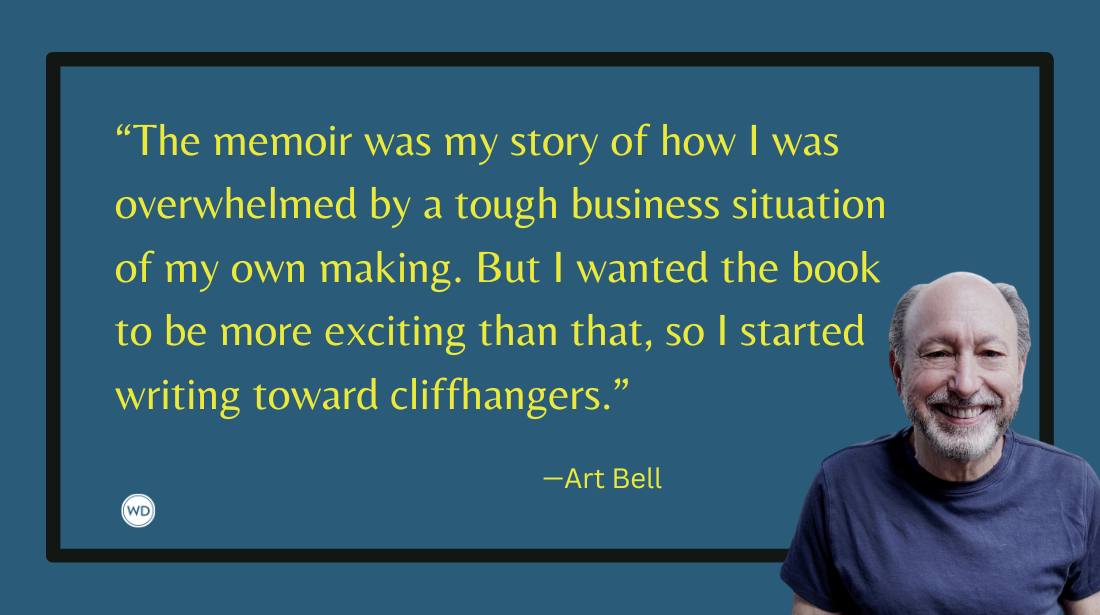How to Write a Eulogy When the Need Arises
While plenty of eulogies are delivered by a clergy member, the perspective provided by a close friend or family member can retell cherished memories of the deceased. If you find yourself needing to pen one, let this advice by Paul Vachon guide you.
Perhaps the greatest personal quality one can have is empathy—the ability to identify deeply with the suffering of another and offer much-needed support. When consoling a friend or family member on the death of a loved one, I’ve often found myself drawn to the role of a counselor, owing perhaps to my background as a Catholic divinity student.
And since I’m also a writer, I’ve prepared and delivered several eulogies at funeral services, either by request or on my own initiative. Penning a testimonial for a loved one is seldom a paid writing opportunity, yet doing so can serve the dual role of honoring the deceased while honing a writer’s skills in unique ways. It can also be a therapeutic way of dealing with grief.
In most cases, a funeral eulogy (which comes from the Greek meaning “good word”) is prepared by a clergy member, who often does not personally know the deceased. While many of these tributes are excellent, the perspective provided by a close friend or family member can retell cherished memories of the deceased. The story will be about the deceased but told through the lens of the writer.
When my mother-in-law Mollie passed away in 2015, I shared a few brief stories about her life—her abundant sense of humor and her service as a USO volunteer during World War II—but I also included details about an interest common to us—our shared love of coffee. Whenever we visited a restaurant together, we would invariably each order coffee to accompany our meal. Although neither of us could be considered a connoisseur, after we took our first sips, we’d look at each other and one would say, “Good coffee—full-bodied.” It became a funny tagline.
Using the idea to illustrate her hospitable nature, I began my tribute with two rhetorical questions, “Would you like a cup of coffee? Or maybe a piece of mandel bread?” I then used the coffee connection as a springboard to sharing other aspects of our relationship.
“Mollie took her coffee black with a half pack of Sweet and Low. I use cream and sugar. Minor differences like these symbolically mirrored much larger ones which I found to be a source of constant fascination: like her laser-sharp recall of precisely where she was and what she was doing at key historical moments—babysitting a younger cousin on December 7, 1941, or driving home from the beauty salon on November 22, 1963.”
When my youngest sister Francie died suddenly in 2014 at the age of 42, I shared a story about a trip we took to the Detroit Zoo when she was just 11. On the way, I annoyed her by singing Simon and Garfunkel’s At the Zoo. And after watching sea otters feed on pieces of saltwater fish, we both developed a lasting love for cute creatures.
A few years later, my cousin Stewart passed. Stewart was my cousin by marriage, and much of his adult life was spent in California. Not knowing him as well, I had a long conversation with his brother Scott, who shared details about Stewart’s eclectic array of interests: baseball, medieval history, plus Frank Zappa and the Mothers of Invention. For me, the process was not simply an interview followed by a writing session, but a way to express concern by listening, distilling thoughts into a narrative, and delivering it to the attendees—all as a collective act of caring.
While I strive to be a caring person, at funerals, I tend to be emotionally stoic. This can actually be an advantage since it allows me to read what I’ve written clearly to the audience. I realize, however, that delivering a personally written eulogy can be difficult for some people. In this case, you may want to ask a friend or another family member to serve as a proxy by presenting your work. There’s certainly nothing wrong with this. Your loved ones will be deeply appreciative, and always remember how your personal touch made a difficult time a bit more bearable.
Paul Vachon is a Detroit-based freelance writer and author. He writes for trade and consumer magazines.








